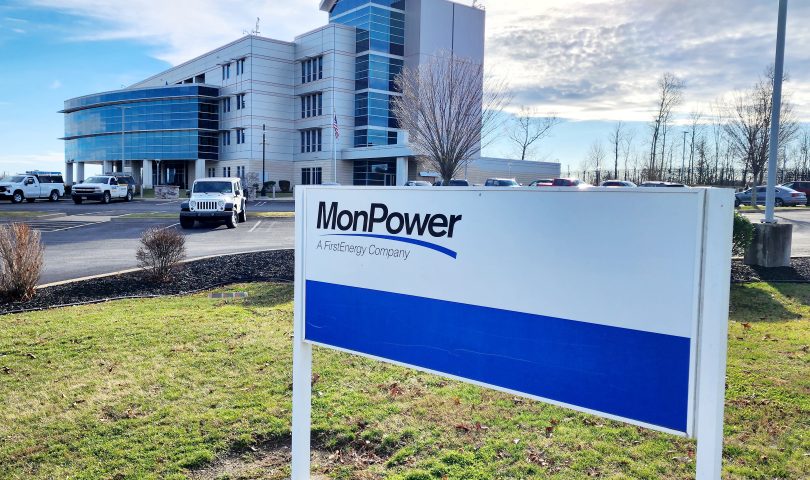MORGANTOWN – FirstEnergy sisters Mon Power and Potomac Edison have a third rate-hike case in motion before the state Public Service Commission. This one is to fund their Vegetation Management Program.
The companies are seeking an increase of $16,969,398 to take effect Jan. 1, 2024, and $16,989,110 to take effect Jan. 1, 2025 – for a total of $33,938,795. They say this reflects an overall 1% increase aggregated against all their customer classes.
For the average residential customer using 1,000 kilowatt hours per month, they project a hike of $2.47 per month, raising the bill from $120.20 to $120.67.
The companies say the hike is needed to compensate for an actual under-recovery (collecting less than they spend) of $3,738,716 through June 30 this year, and a projected under-recovery of $30,200,079 for 2024-25.
On Tuesday, the companies filed a proposed timeline in the case, with testimony on Nov. 13 and 22, and a public hearing on Nov. 30, after the hearing in one of their other rate cases.
The program is designed to control vegetation along distribution and transmission lines to ensure safe and reliable operation of their system, the filing says. The projected under-recovery addresses some additional needed trimming, technology upgrades and higher labor costs.
FirstEnergy told The Dominion Post on Tuesday that the companies file to update their vegetation management surcharge every two years.
“Trees are a leading cause of electrical power outages,” FirstEnergy said. “In fact, when trees and power lines touch it creates a very dangerous situation that may even be deadly to anyone in close proximity. To help ensure reliable and safe electric service, FirstEnergy’s Vegetation Management Program works to keep our transmission and distribution rights-of-way free of incompatible trees and other vegetation.”
To reduce potential outages, FirstEnergy said, professional vegetation management crews assess each situation to determine the best approach to prevent trees from interfering with electrical facilities. Based on this assessment, they may use power saws, EPA-approved herbicides, mechanical equipment, or a combination of methods to control the vegetation.
From January 2019 through December 2022, the PSC filing says, the program covered 29,430 miles, trimming almost 2.3 million trees, removing 552,284 trees, and clearing or spraying 98,042 acres.
Since 2014, program costs have fluctuated, from $102.2 million that year, down to $88.4 million in 2018, and $93.1 million this year. They project just over $100 million for 2024 and $104 million for 2025.
The companies have two other rate-hike cases before the PSC.
One is their annual ENEC – expended net energy cost – filing. They are asking for $167,465,330, which they project would add $9.19 to the average monthly residential bill, raising it from $120.20 to $129.39 – a 7.8% hike.
In this case, Longview Power has asked the PSC to dismiss $144,805,585, saying the FirstEnergy companies have not prudently managed their costs or complied with PSC directives. They are asking the PSC to dismiss these costs with prejudice, meaning the companies could never again seek to recoup them. That would leave the companies a hike of just $22,659,745 in this case.
Also before the PSC is the companies’ base rate hike request: $207.5 million for infrastructure and for their energy assistance program. The hike would cost the average residential customer $18.07 per month – raising a bill from $120.20 to $138.27.
All three proposed hikes combined would total $29.73 for an average residential customer, raising the bill from $120.20 to $149.43.
Email: dbeard@dominonpost.com




